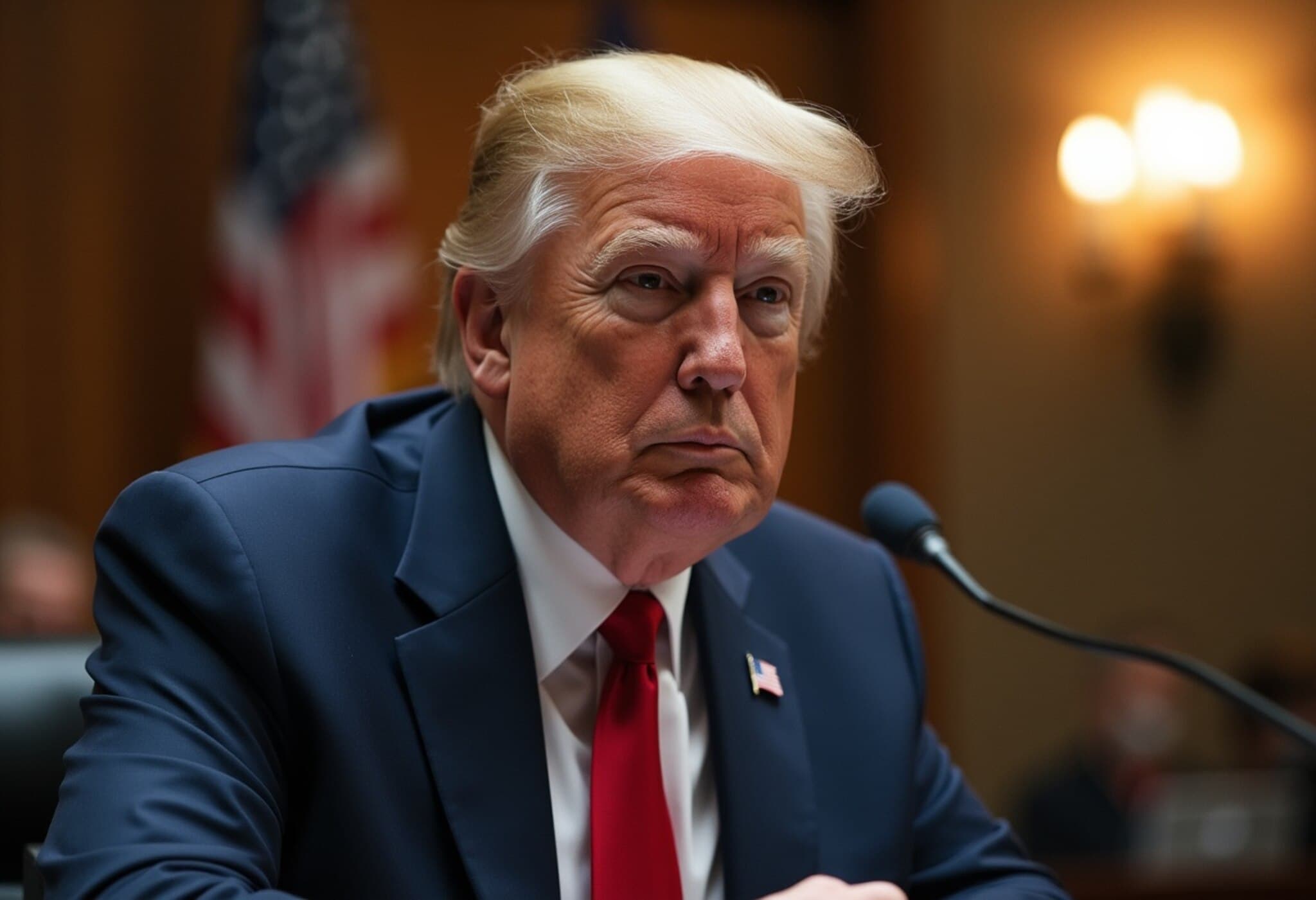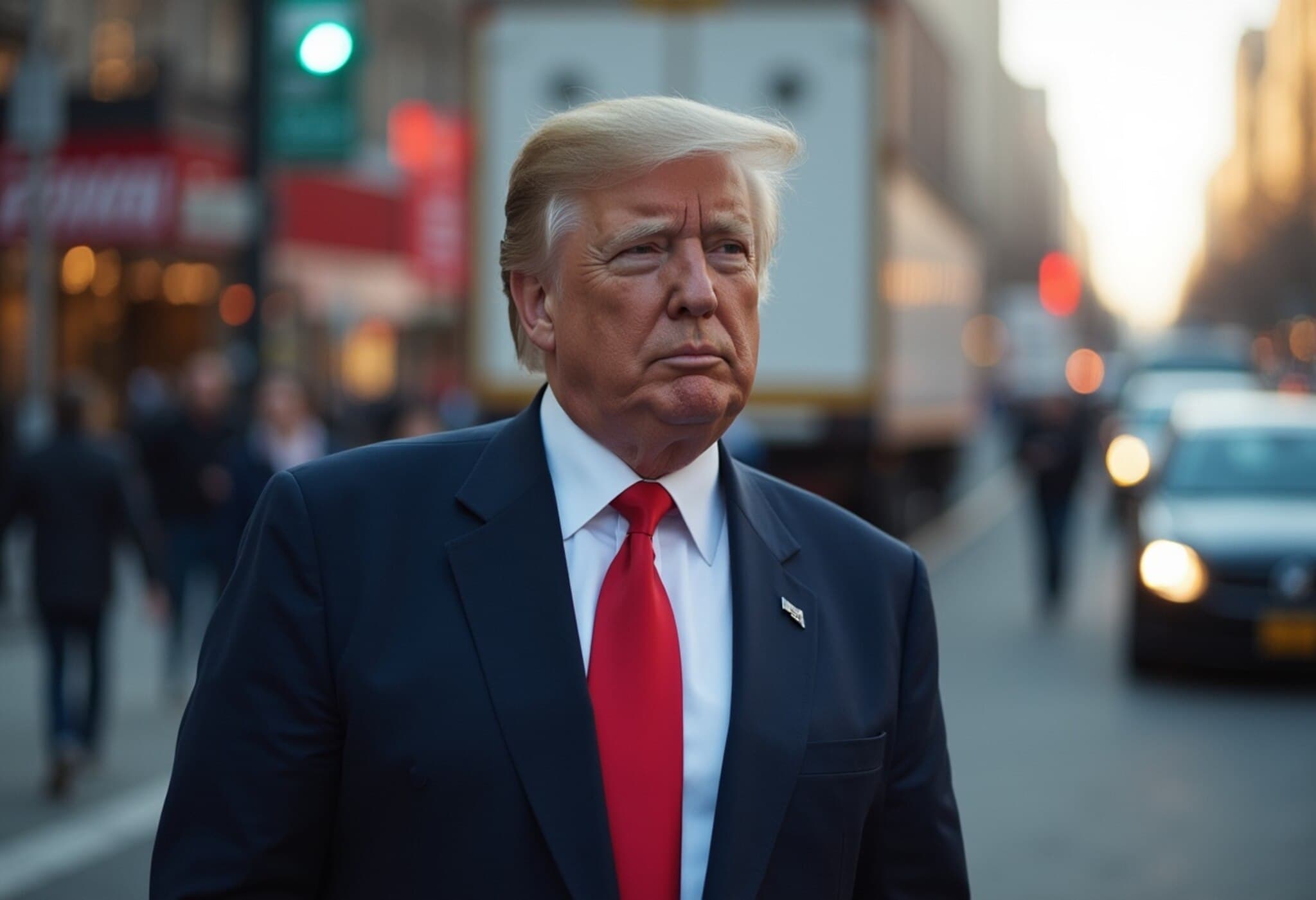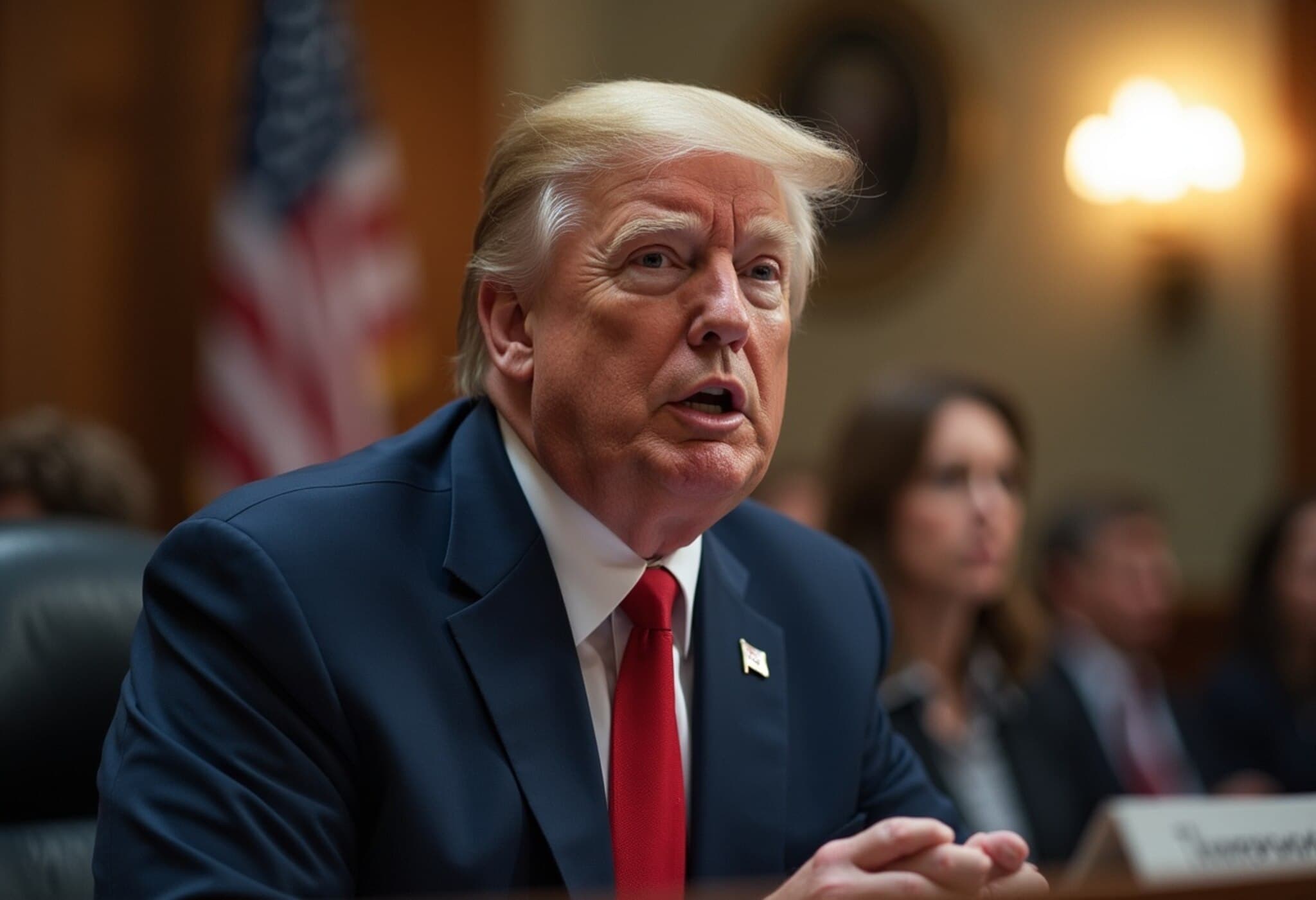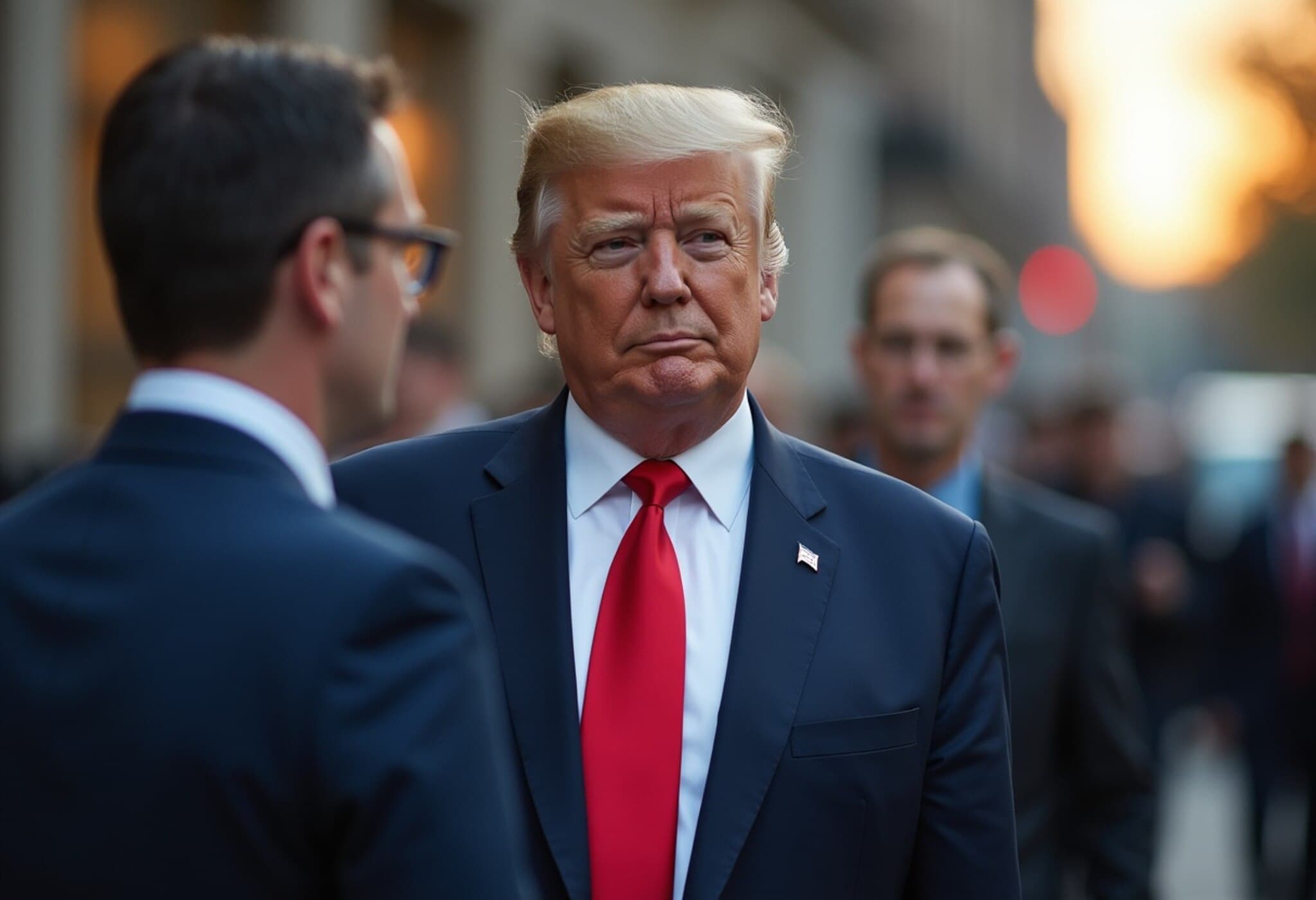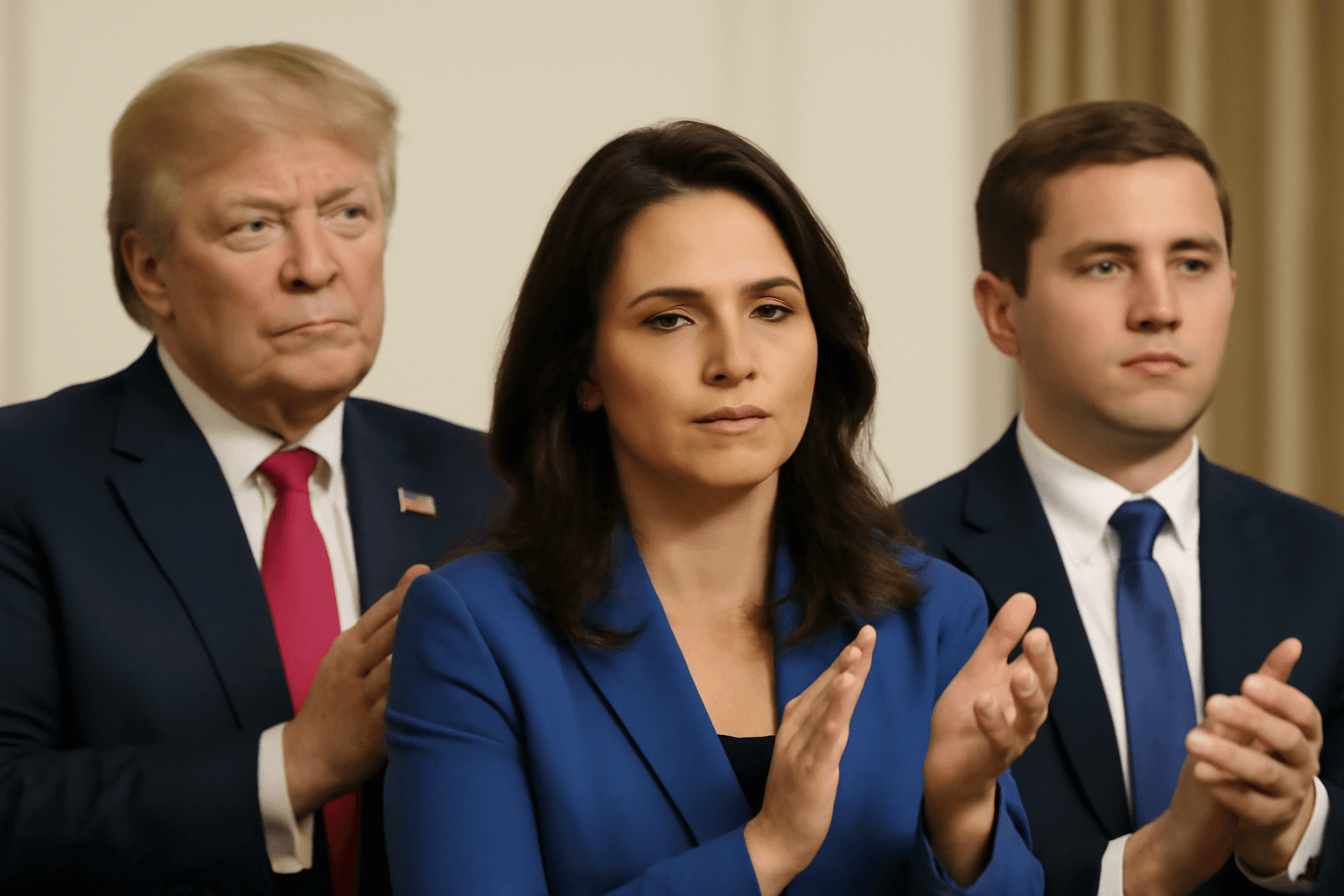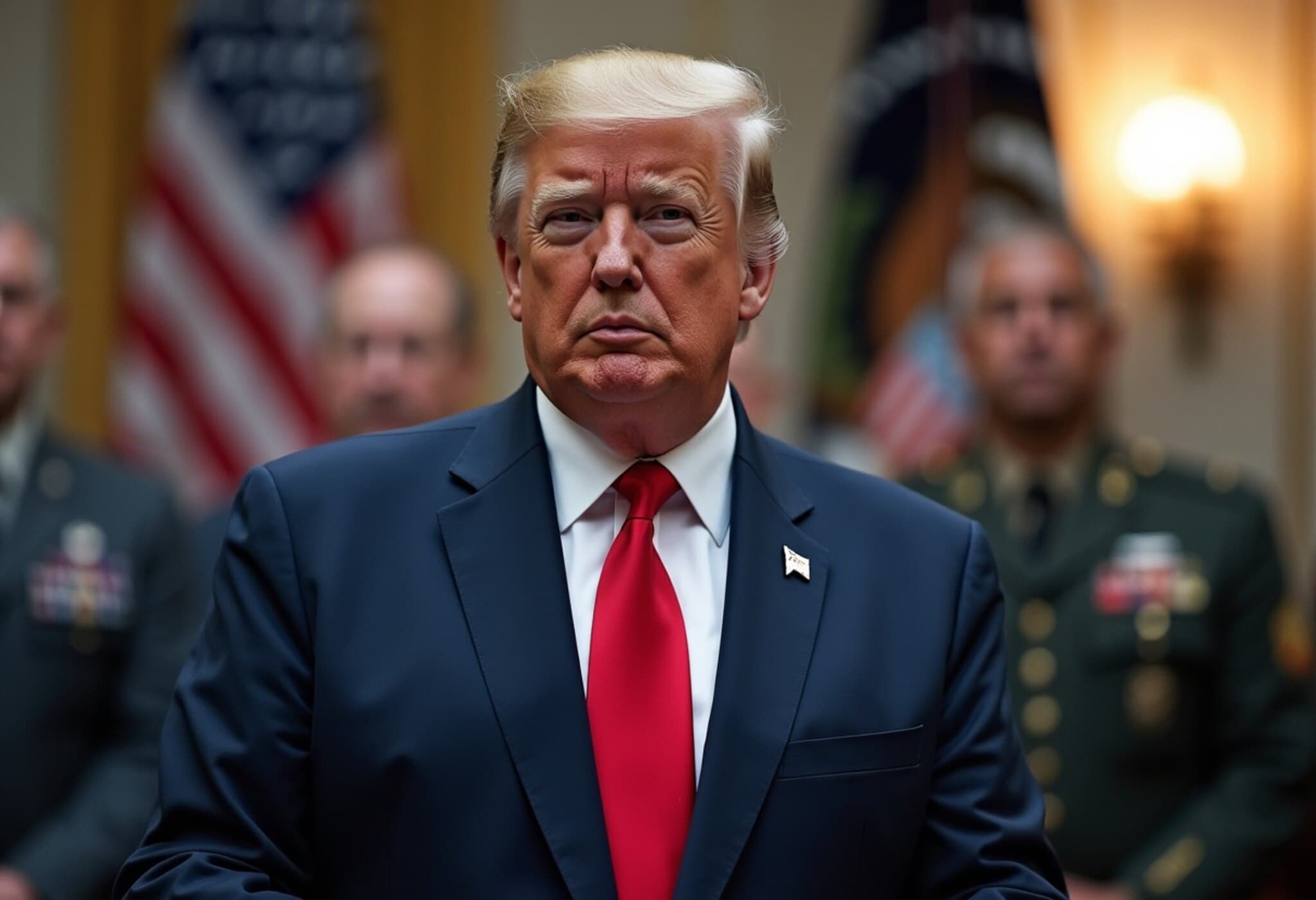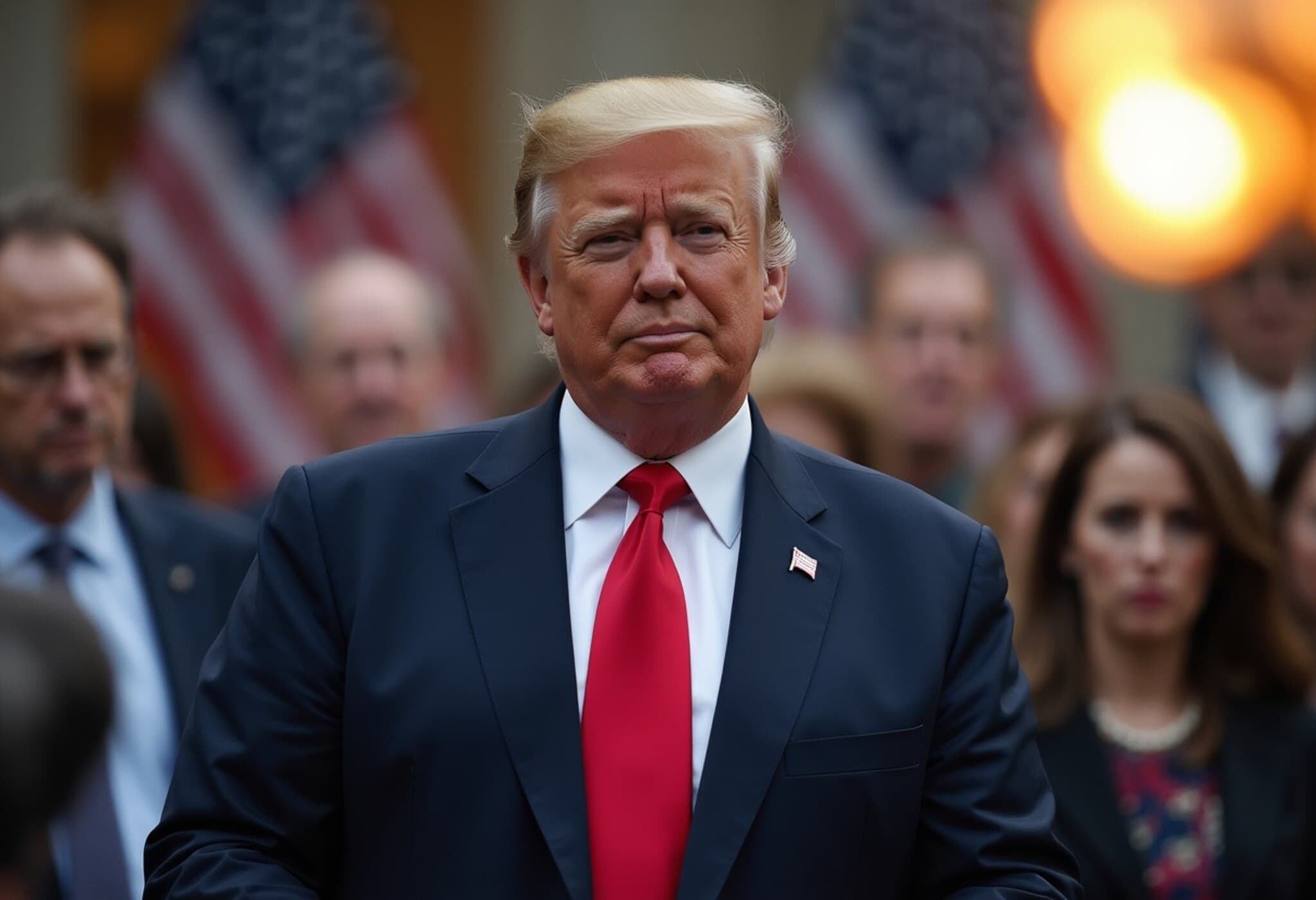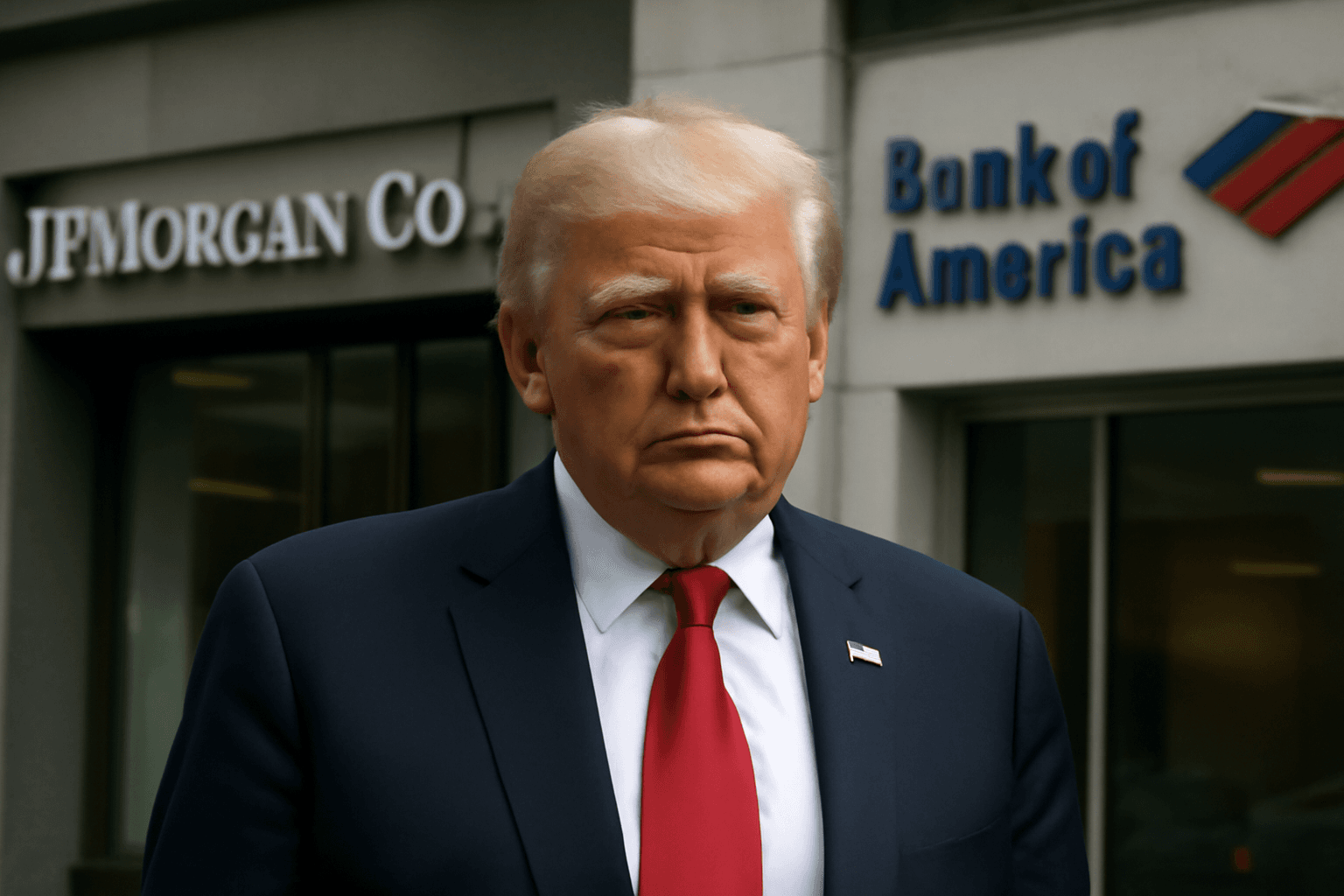New York Woman Admits Guilt in $30 Million Fraud Scheme Exploiting Foreign Investors
In a case that intertwines political intrigue with financial deception, Sherry Xue Li, a resident of Oyster Bay, New York, pleaded guilty Wednesday to orchestrating a nearly decade-long fraud that swindled over $30 million from foreign nationals. The scheme deceitfully promised investors not only a pathway to lawful U.S. permanent residency but also exclusive access to high-profile political events, including a 2017 fundraiser for then-President Donald Trump.
The Anatomy of a Sophisticated Scam
Li, alongside her co-conspirator Lianbo “Mike” Wang, implemented a multifaceted scam under the guise of the Thompson Education Center (TEC) Project—a fictitious development venture based in Sullivan County, New York. Investors, many of whom were Chinese nationals, were lured with false promises that their financial contributions would facilitate legal residency in the U.S.
Beyond defrauding individuals, Li and Wang exploited U.S. political fundraising channels by collecting foreign-sourced funds and illegally funneling them into American political campaigns. Federal prosecutors revealed that 12 foreign nationals paid $93,000 each to attend the Trump fundraiser on June 28, 2017, a maneuver that culminated in $600,000 funneled to the hosting campaign committee.
Illegal Political Contributions and Misuse of Access
Notably, Li and Wang were not merely selling investments; they were commodifying political influence. They capitalized on access to elected officials, using photographs of Li with President Trump at the fundraiser as promotional tools to legitimize their fraudulent enterprise and attract further investments.
According to the Department of Justice, both Li and Wang—naturalized U.S. citizens originally from China—violated federal statutes prohibiting foreign money from entering U.S. federal political campaigns. While no wrongdoing has been alleged against the Trump campaign itself, this case highlights the vulnerabilities in campaign finance laws regarding illicit foreign influence.
Legal and Political Context: A Closer Look
The charges against Li encompass conspiracy to defraud the United States and money laundering, offenses carrying a potential prison term of up to 20 years. She has agreed to forfeit $31.5 million and three property locations tied to the case. Wang, who pleaded guilty earlier in 2024, received a five-year prison sentence.
U.S. Attorney Joseph Nocella emphasized the broader implications: “Li defrauded more than 150 victims in the United States and abroad through years of lies and deception and sought to profit by selling access to the democratic process. In doing so, she attempted to corrupt a fundamental institution in this country — fair and transparent elections free from unlawful foreign influence.”
Deeper Implications for Campaign Finance and Immigration Fraud
- Campaign Finance Integrity: This case exposes how foreign funds can be camouflaged and injected into U.S. political processes, challenging regulators to enhance oversight and enforcement mechanisms.
- Immigration System Vulnerability: By feigning legitimate pathways to residency, schemes like this exploit immigrant hopes and undermine trust in the U.S. immigration framework.
- Ethics in Political Fundraising: The commodification of political access raises questions about the ethical boundaries in political event fundraising and the potential need for stricter transparency.
Expert Commentary: The Need for Vigilance
Financial crime expert and legal analyst Dr. Elena Ramirez notes, “This case is a textbook example of how fraudsters exploit both the aspirations of immigrants and the allure of political access. It underscores the critical need for robust safeguards in campaign finance laws and immigration protocols to prevent similar abuses.”
For policymakers, balancing openness with security becomes paramount—ensuring that political fundraising does not inadvertently open doors to illicit foreign influence, while immigration pathways remain credible and free from exploitation.
What Lies Ahead?
Li is scheduled to be sentenced on December 5, with outcomes potentially setting important precedents for handling combined immigration and political fundraising fraud. As enforcement agencies continue to probe such intersections of crime, this case serves as a cautionary tale spotlighting the complex vulnerabilities at play.
Editor's Note
This high-profile fraud underscores the intertwining challenges of immigration fraud and campaign finance integrity in America. As foreign nationals' desire to gain residency intersects with political fundraising, the risks of illegal contributions and corruption loom large. It prompts a critical reflection on the adequacy of current safeguards in protecting democratic processes and immigrant aspirations alike. Readers are encouraged to consider how these overlapping issues may evolve and what reforms could enhance transparency and fairness.


